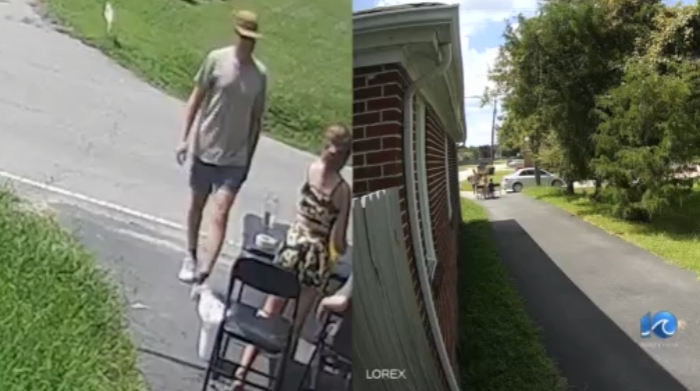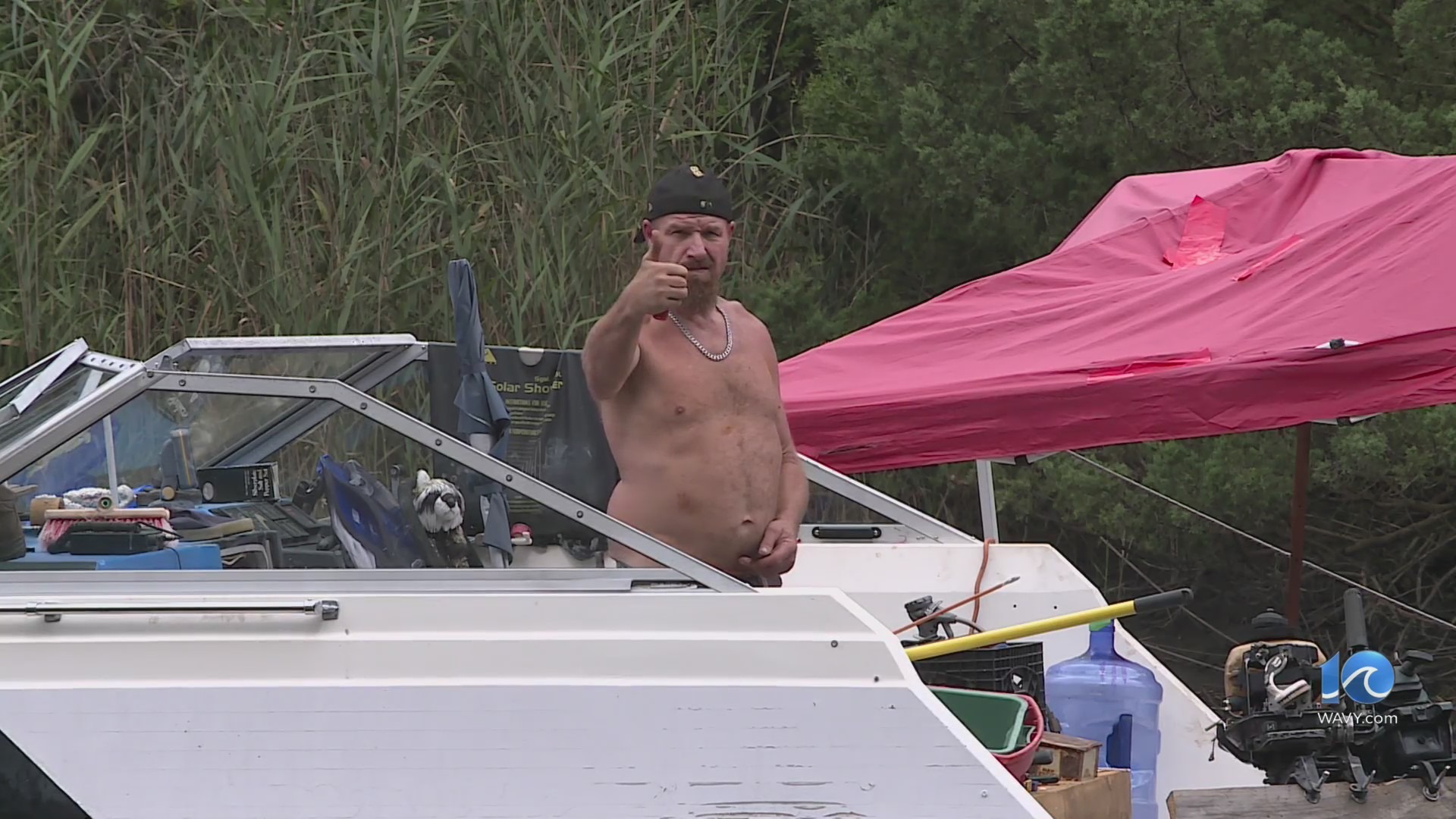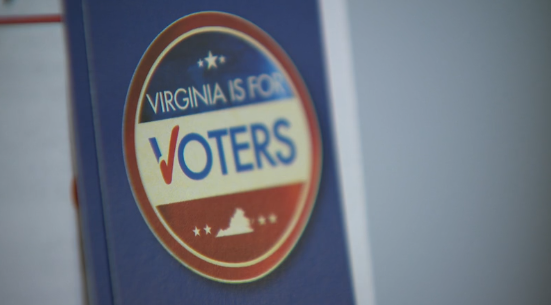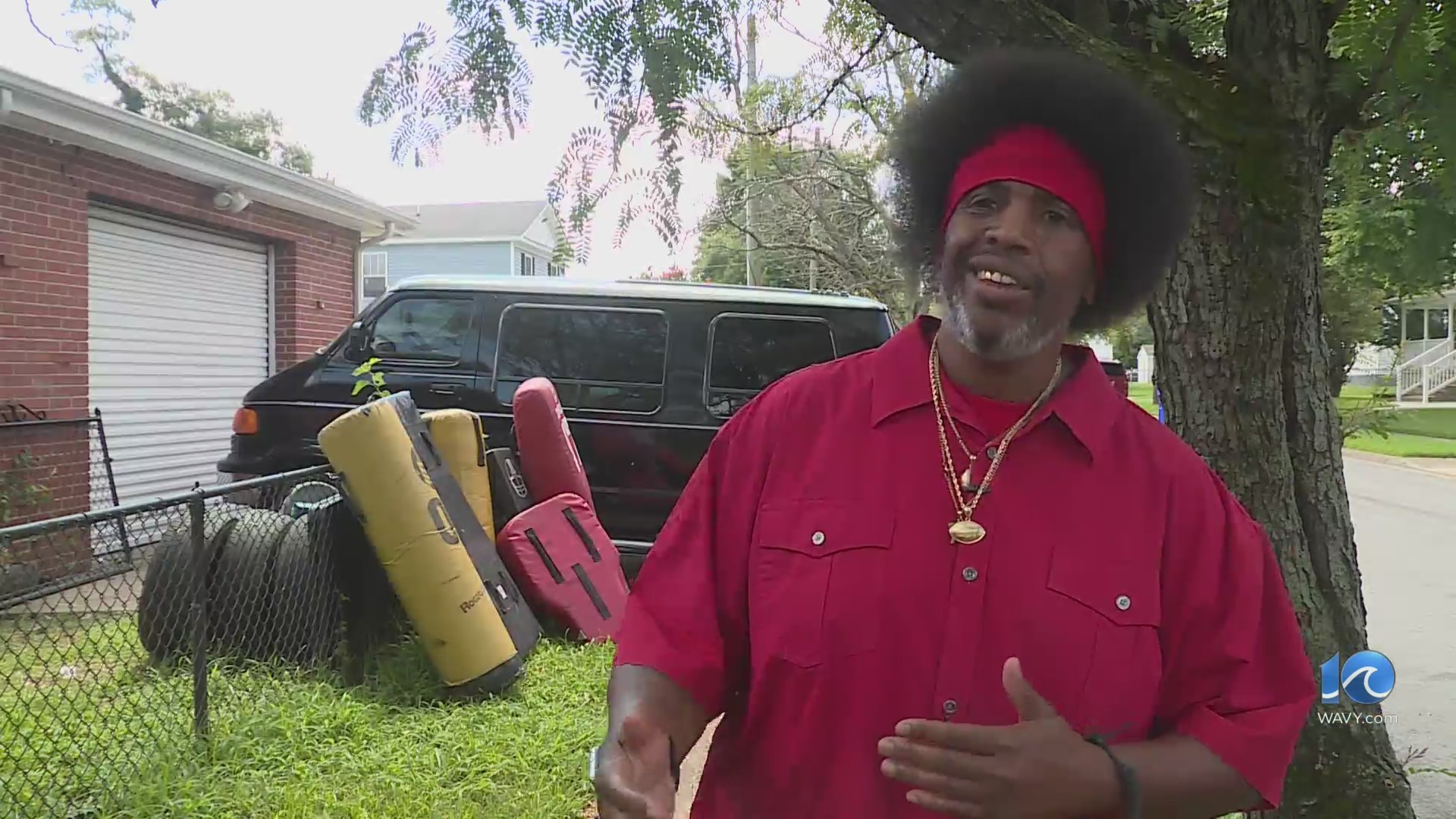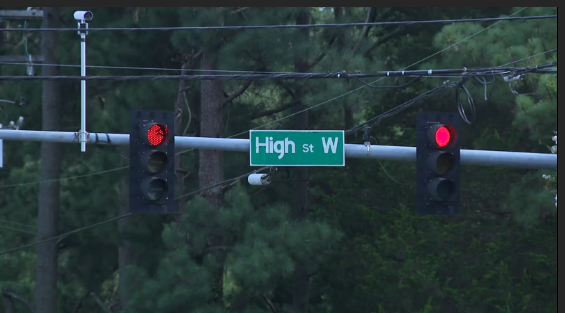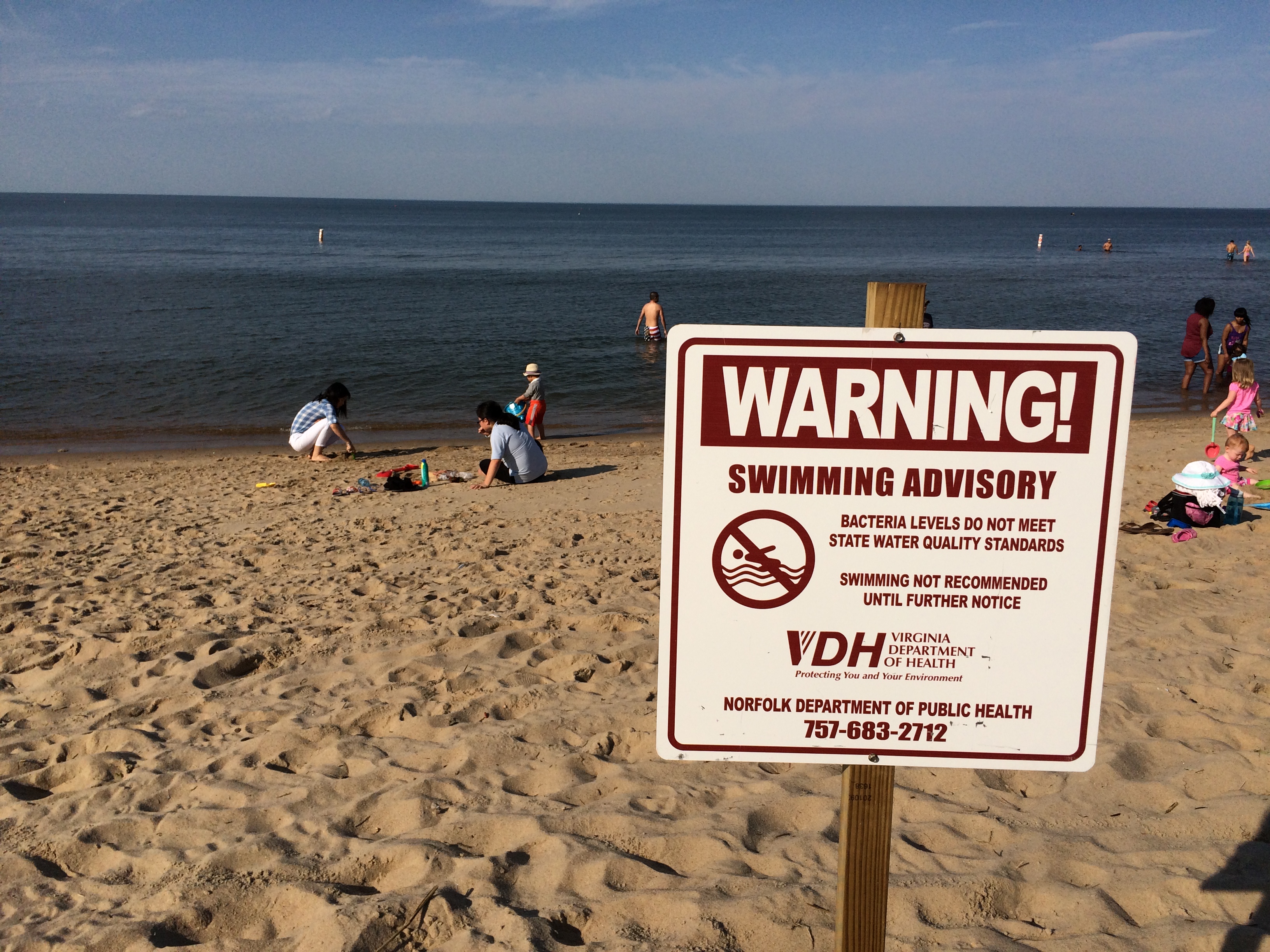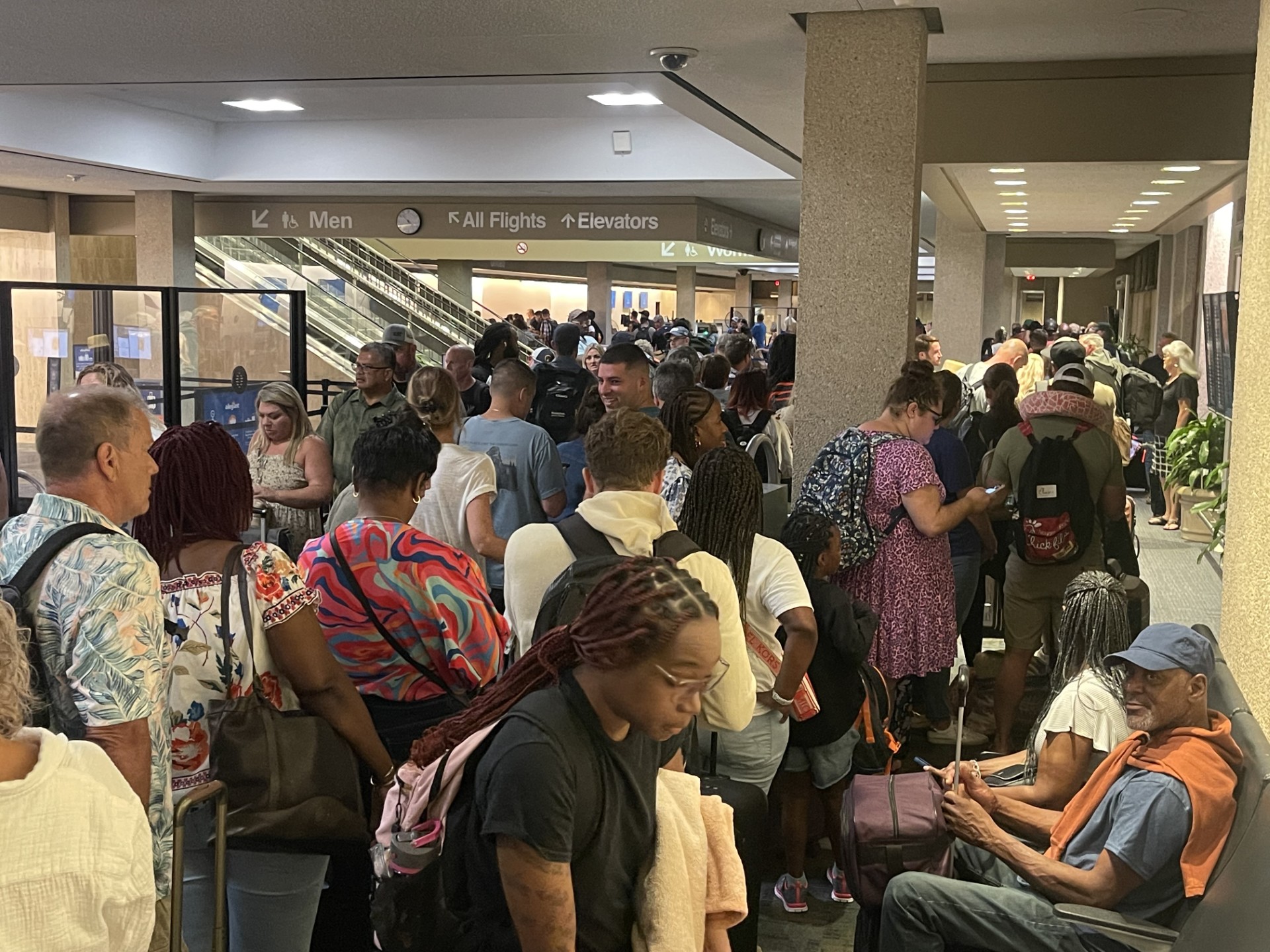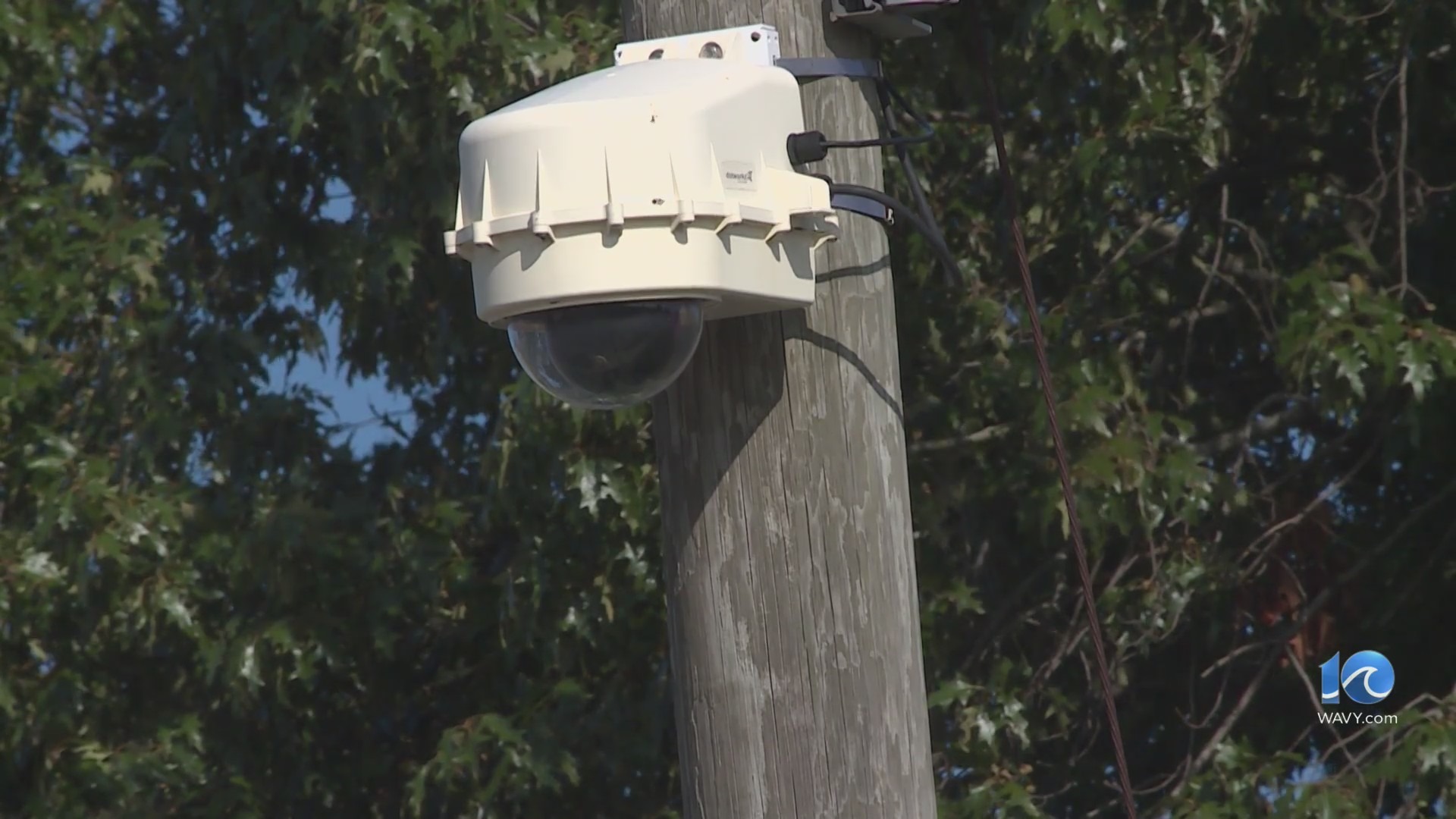VIRGINIA BEACH, Va. (WAVY) — The winds of change are coming to a funeral home in Virginia Beach after losing part of its property to Dominion Power due to eminent domain.
Walton Funeral Home has been helping grieving families bury their loved ones for 57 years on Holland Road, but transmission lines for Dominion Energy’s Coastal Virginia Offshore Wind Project are set to come and will go through the property of the funeral home.
Three monopoles and high voltage power lines are in the process of going up for the offshore wind project, and the owner of Walton Funeral Home, Frank Walton, said it feels like a gut punch.
“We certainly don’t want to stand in the way of the project, but we don’t want to be collateral damage in that project either,” Walton said.
Since 2023, Dominion and Walton have tried, but failed, to reach an agreement on negotiations for the onshore transmission structure.
“Dominion just wasn’t able to come to an agreement with us, and that’s why we’re kind of where we are,” said Stephen Clark, Walton’s attorney.
Dominion Energy said this construction is needed for the project, which will see 176 wind turbines going up 27 miles off the Virginia Beach coast as part of a $9.8 billion project that will generate enough energy to power up to 660,000 homes. A subsidiary of Dominion Energy is buying a 40,000-acre lease off the coast of Corolla to potentially construct another offshore wind project.
“The electric transmission line and associated infrastructure is vitally important to the Coastal Virginia Offshore Wind Project to deliver that clean renewable energy that’s generated offshore to the grid and ultimately power our customers’ homes and businesses,” said Jeremy Slayton, spokesperson for Dominion Energy.
Slayton said the use of eminent domain was the last resort. Eminent domain is when the government, or in this case, a utility company, has the power to take private property for public use.
“It’s just over a quarter of an acre of the new permanent easement,” Clark said. “It’s really kind of the heart of the property. It goes right over the parking lot. It goes right off the building.”
Dominion Energy was granted early entry to the property before the compensation trial. Trees will come down on Walton’s property and new poles have been going up. Walton just wants the best for his longstanding business.
“My concern is the impact to my business, the impact to the rest of the land, and what we can do with it in the future,” Walton said.
10 On Your Side reached out to Dominion Energy about the ongoing lawsuit. It said that while it is sensitive to any impacts and negotiates in good faith to acquire the needed properties, going through the courts for eminent domain is a last resort.
“We have to be sensitive to the people whose community and property will be impacted by this project. These property owners are making an important contribution to Virginia’s clean energy transition. They are playing an important role in delivering carbon-free power to more than 660,000 Virginia homes. We believe it’s important to treat them fairly and respectfully.
Our first priority is to reach a mutual easement agreement with every property owner, and we make every attempt to do so. We negotiate in good faith with every property owner so we can come to an agreement that everyone is comfortable with and that compensates them fairly for the use of their property.
Through cooperation and good faith negotiations, we’ve reached mutual, voluntary easement agreements with 95 percent of the property owners along the transmission route, and every property owner has been fairly compensated.
Over the last several months, we’ve made a final attempt to reach mutual agreements with the remaining property owners. In each case, our final offers were well above the appraised value of the properties. We were able to reach agreements with some, but unfortunately not with all. In these cases, we need to acquire the necessary easements through the courts.
Eminent domain is an absolute last resort and is only used in the small number of cases where we cannot reach a mutual agreement with the property owner. Even in cases of eminent domain, the property owner is fairly compensated. The amount of compensation is determined by a court, rather than through mutual agreement between us and the property owner.”
— Dominion Energy
The compensation trial between Walton and Dominion is set for April 2025, but Walton is hoping, still, to negotiate with Dominion Energy.






























